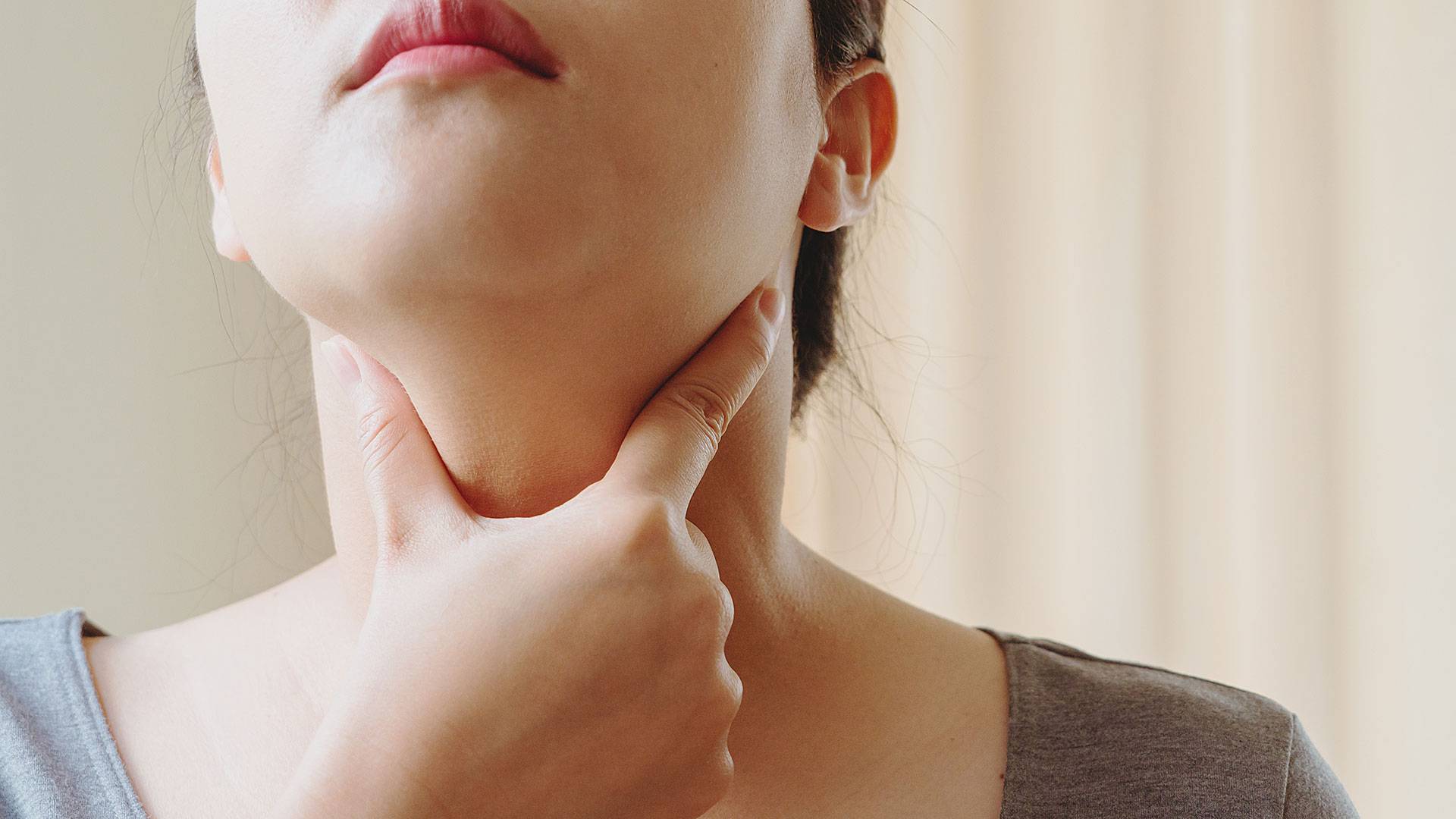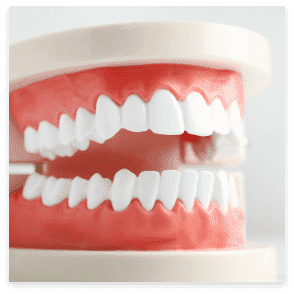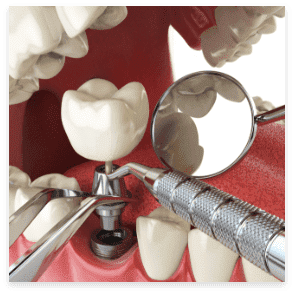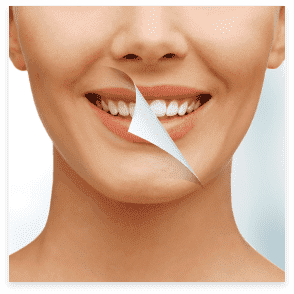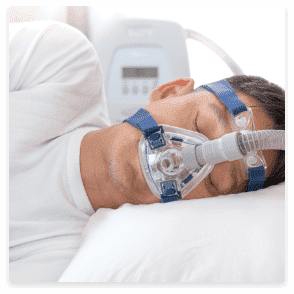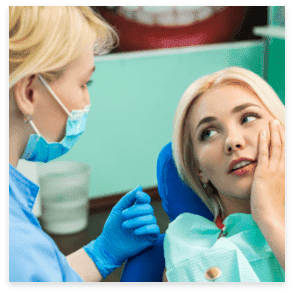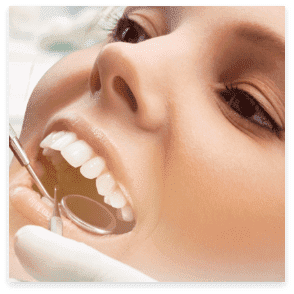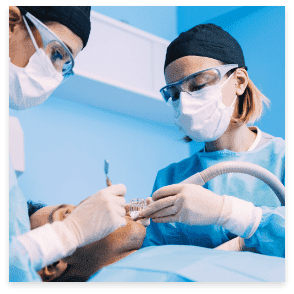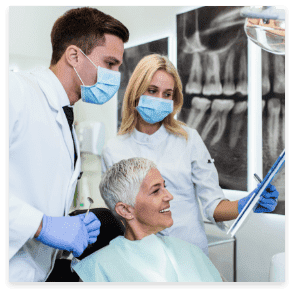November is Mouth Cancer Action Month at The Dental and Denture Care Center
We have all heard about various types of cancers that present in different areas of the body, but did you know that cancer can also affect the mouth? When mouth cancer appears, the disease can affect the lips, tongue, cheeks and throat. It’s the eleventh most common cancer in the United States with around 43,000 cases each year. Your dental team at The Dental and Denture Care Center in Brooksville, Florida wants to make you aware of this deadly disease and how to prevent it from impacting your life.
Who Is Most Likely to Get Mouth Cancer?
This form of cancer most commonly affects people over the age of 40, primarily men. However, research has shown that cancer of the mouth is becoming more common in younger patients and in women.
Can You Die From Mouth Cancer?
Unfortunately, yes. Oral or oropharyngeal cancer will cause over 9,750 deaths, killing roughly 1 person per hour, 24 hours per day. Many of these deaths could be prevented with an early diagnosis. As it is, people with cancer of the mouth are more likely to die than those having cervical cancer or melanoma skin cancer.
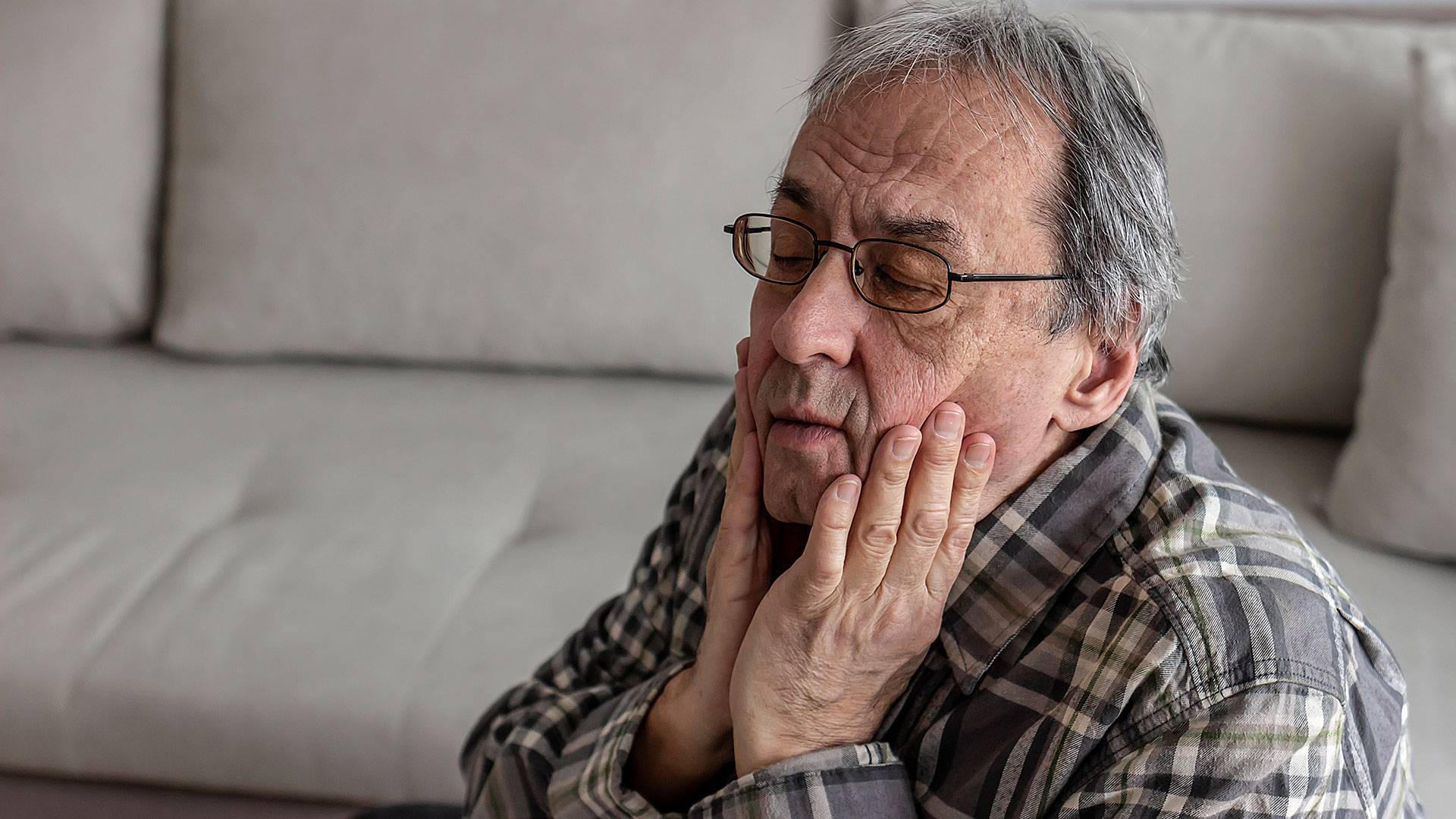
What Causes Mouth Cancer?
Most cancer of the mouth can be linked to tobacco and alcohol. Cigarette, cigar, and pipe smoking are the main forms of tobacco use. Chewing tobacco is particularly dangerous.
Alcohol increases the risk of developing oral cancer, and if used with tobacco, the risk is even higher.
Sun exposure can also increase risk of cancer to the lips.
There have been new reports linking cancer of the mouth to the human papillomavirus (HPV). This virus is the main cause of cervical cancer and affects the skin around moist areas of the body. HPV can be spread through oral sex, and reasearch suggests this virus may soon take the lead over smoking and drinking as one of the main causes of cancer of the mouth.
Limiting the number of partners you have and practcing safe sex may help reduce the risk of geting HPV. This is a very common virus and many people get HPV during their lifetime, however, for many this doesn’t cause a problem. HPV vaccines for both boys and girls are now available for children ages 12-13 and are administered before sexual activity starts.
Can Mouth Cancer be Detected Early?
Yes! Early detection offers the best chance of being cured. Oral cancer can often be spotted in its early stages by your Dentist or Hygienist. Being proactive at home is also recommended. Knowing your mouth and examining yourself regularly is an important factor in early detection. If in doubt, get checked out.
What If My Dentist Finds a Problem?
If Dr. Juan C. Fabrega finds something unusual, he will refer you to a consultant at the hospital, or to your Primary Care Physician, who will then provide you with a thorough examination of the mouth and throat. A biopsy, a small sample of cells taken from the affected area, may be taken as well.
If the cells are determined to be cancerous, more tests will be ordered. Once those results are in, your Doctor will help you decide what course of treatment will be most effective.
What Are the Symptoms of Mouth Cancer?
Oral cancer can display itself through a number of symptoms including:
- weight loss
- difficulty swallowing
- pain while swallowing
- pain in your tongue
- bleeding in your mouth
- loose teeth
- numbness in your face
- mouth sores that do not heal
- unusual red or white patches
- lumps in neck or jaw
- pain or stiffness in the jaw
- on-going hoarseness
If You Have Questions About Your Oral Health, We’re Here To Help
Cancer of the mouth can be deadly, but with early detection chances of survival are good. Awareness, routine dental exams by your Dentist, avoiding alcohol and tobacco, and eating a healthy diet are the keys to helping you avoid getting this disease in the first place.
If you notice any of the signs of oral cancer, it is time to schedule a checkup right away. Please call The Dental and Denture Care Center at (352) 848-1050 or contact us through our website here to schedule your appointment. Dr. Juan C. Fabrega and his team of dental experts are here to answer your questions about any symptoms you are experiencing.
Helpful Resources
If you have questions or concerns about cancer of the mouth, you can learn more by checking out some of the resources listed below.
- Oral Cancer Screening Video: https://youtu.be/_6csIJAWj_s
- Oral Cancer Screening, What to Expect Video: https://youtu.be/U9GNi2xpYzg
- Oral cancer: Signs and symptoms poster (JPEG)
- Oral cancer: Self examination poster (JPEG)
- Oral cancer: Signs and symptoms social media graphics (ZIP)
- Oral cancer: Risk factors poster (JPEG)

